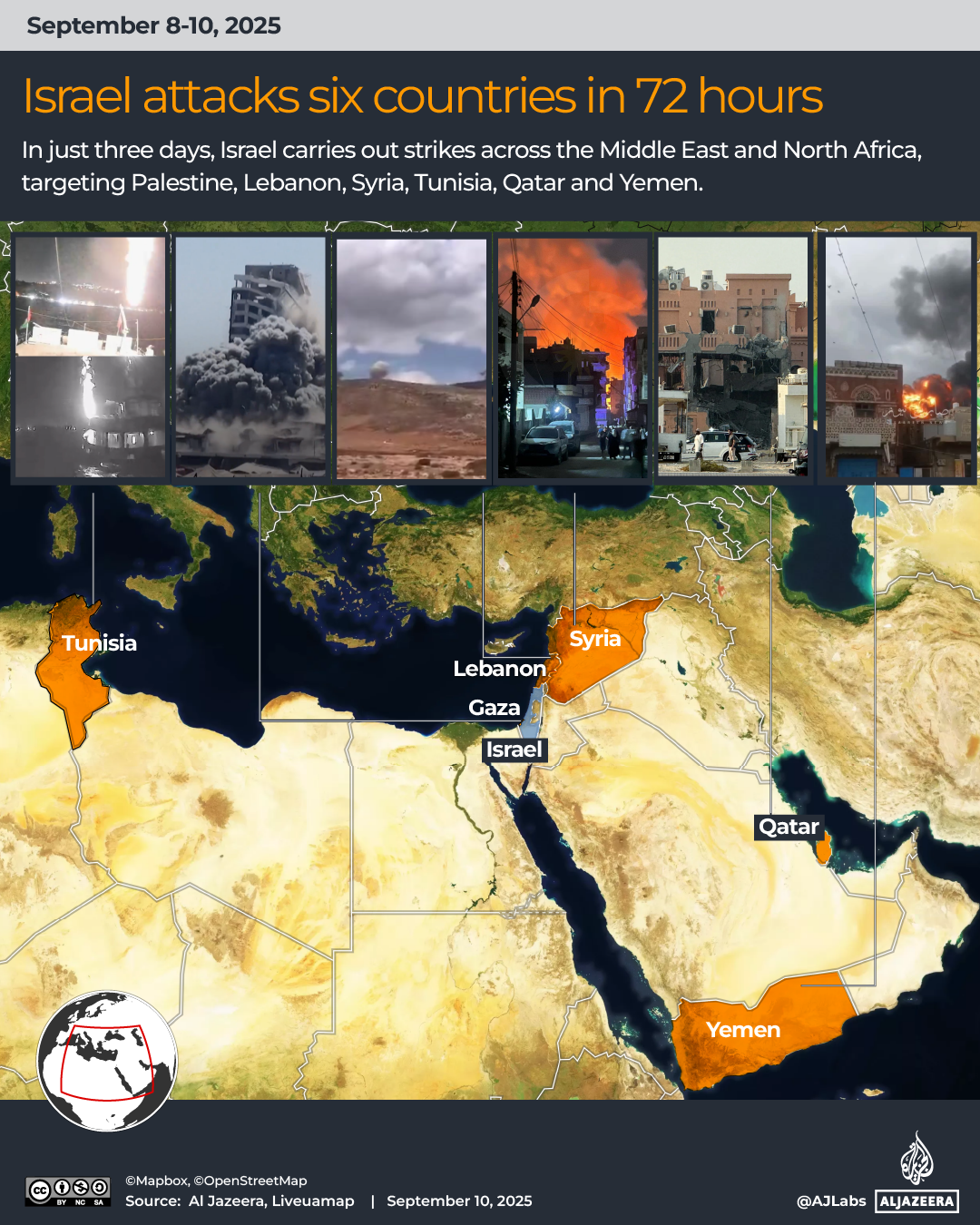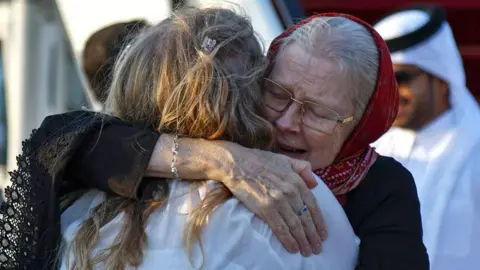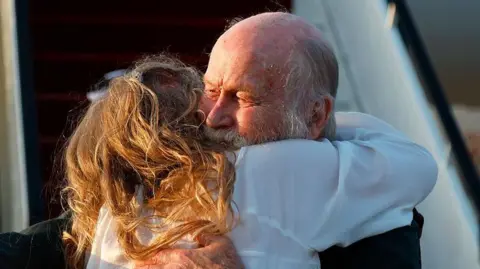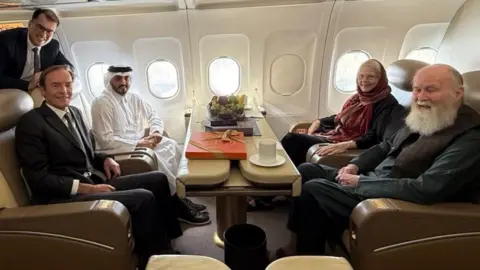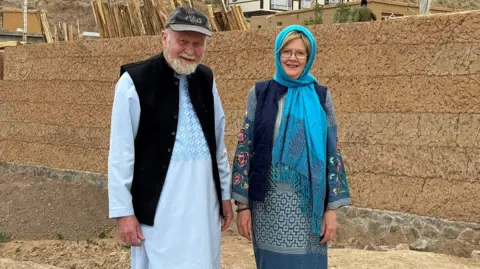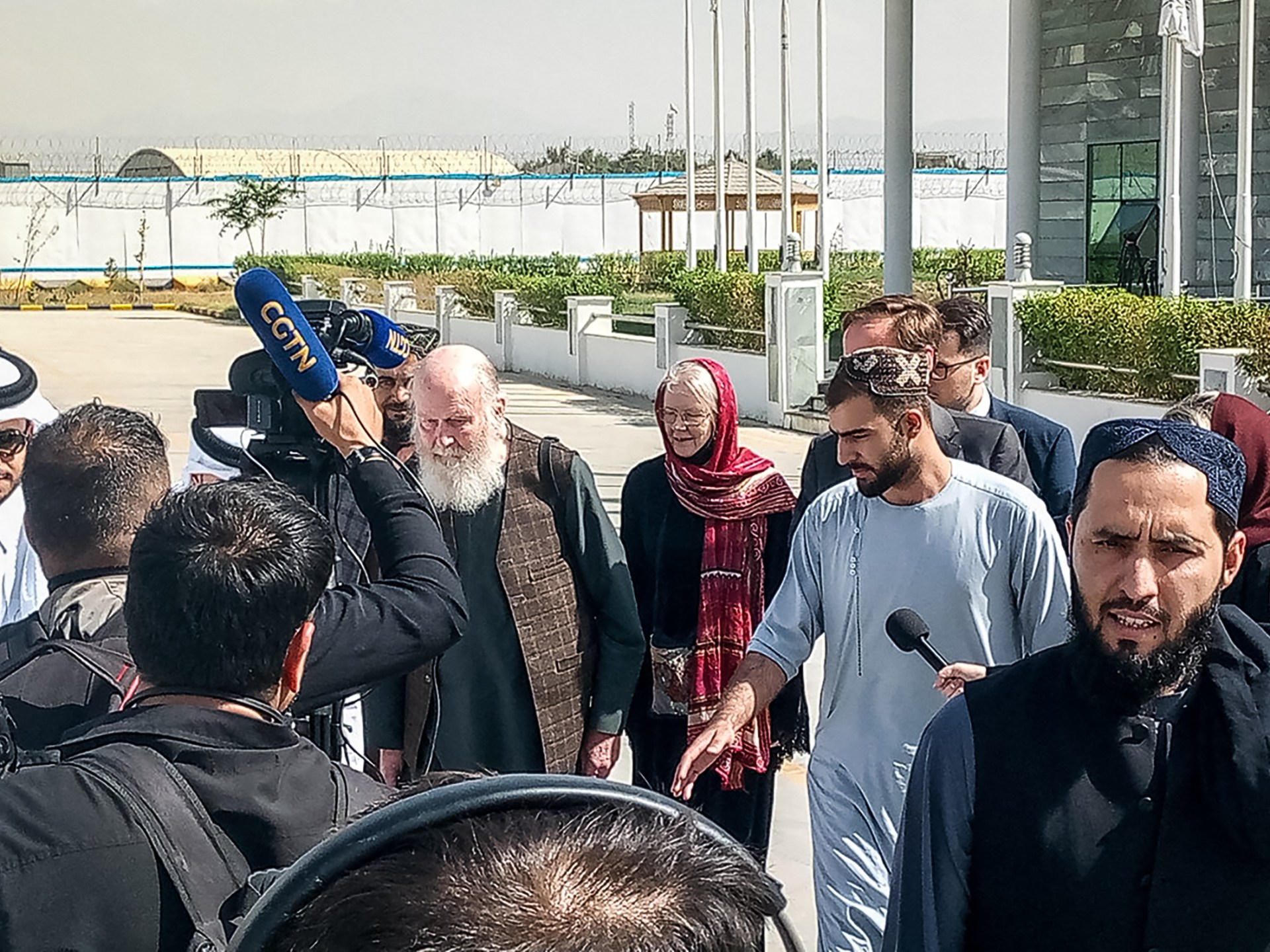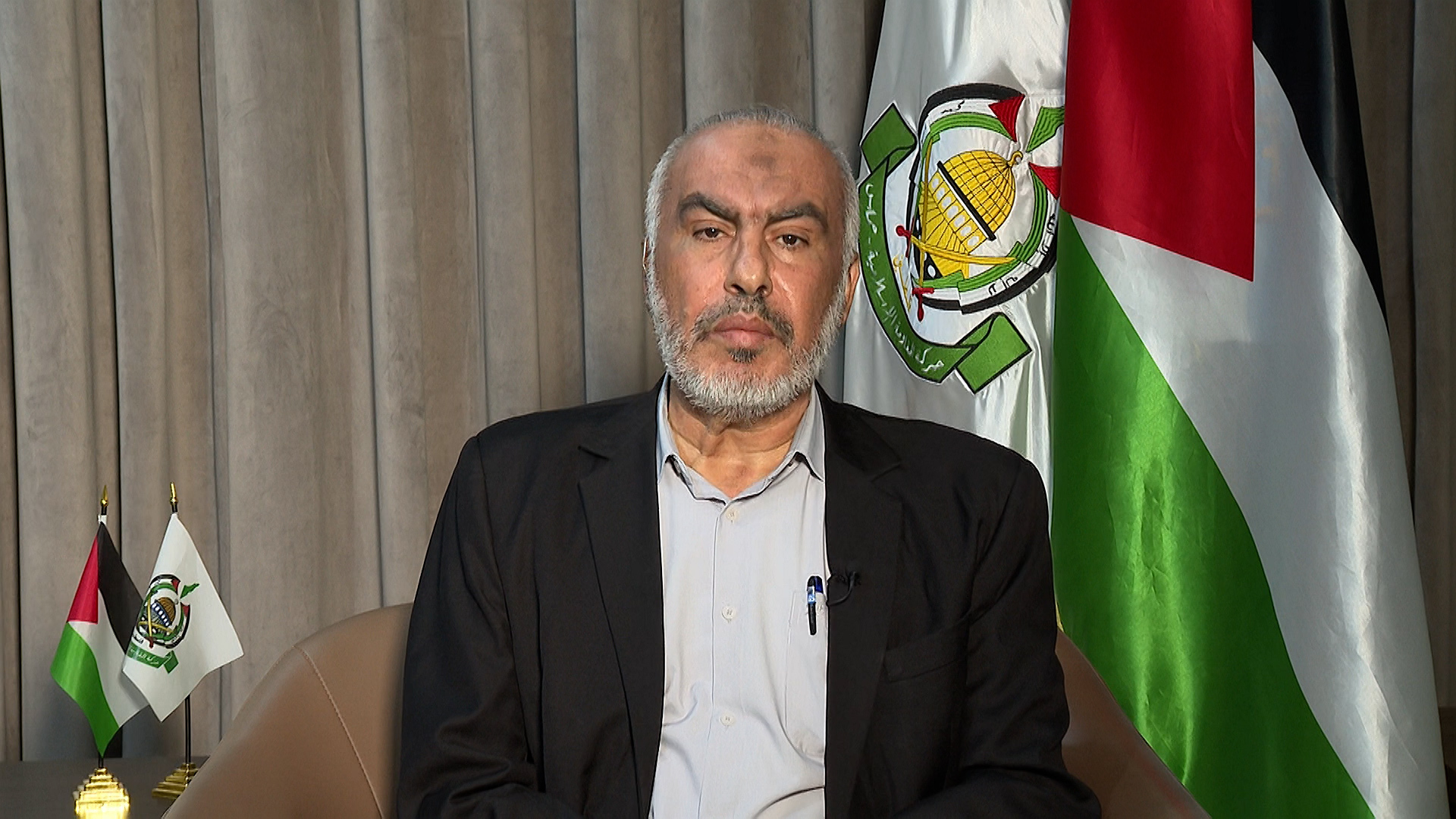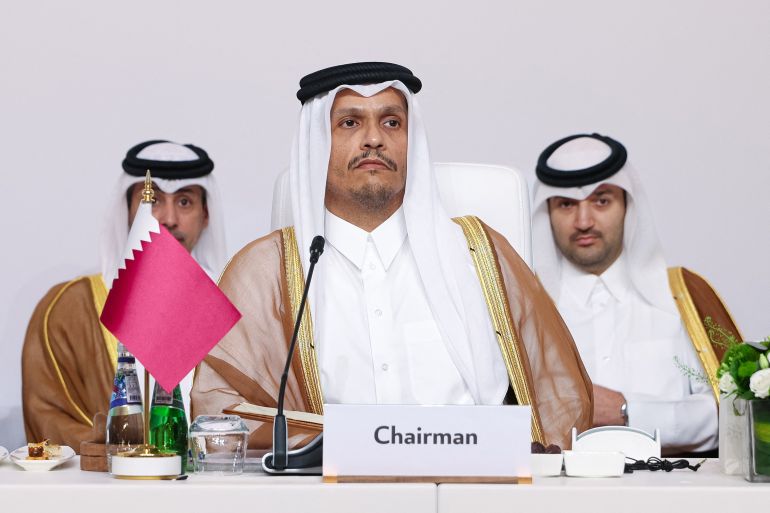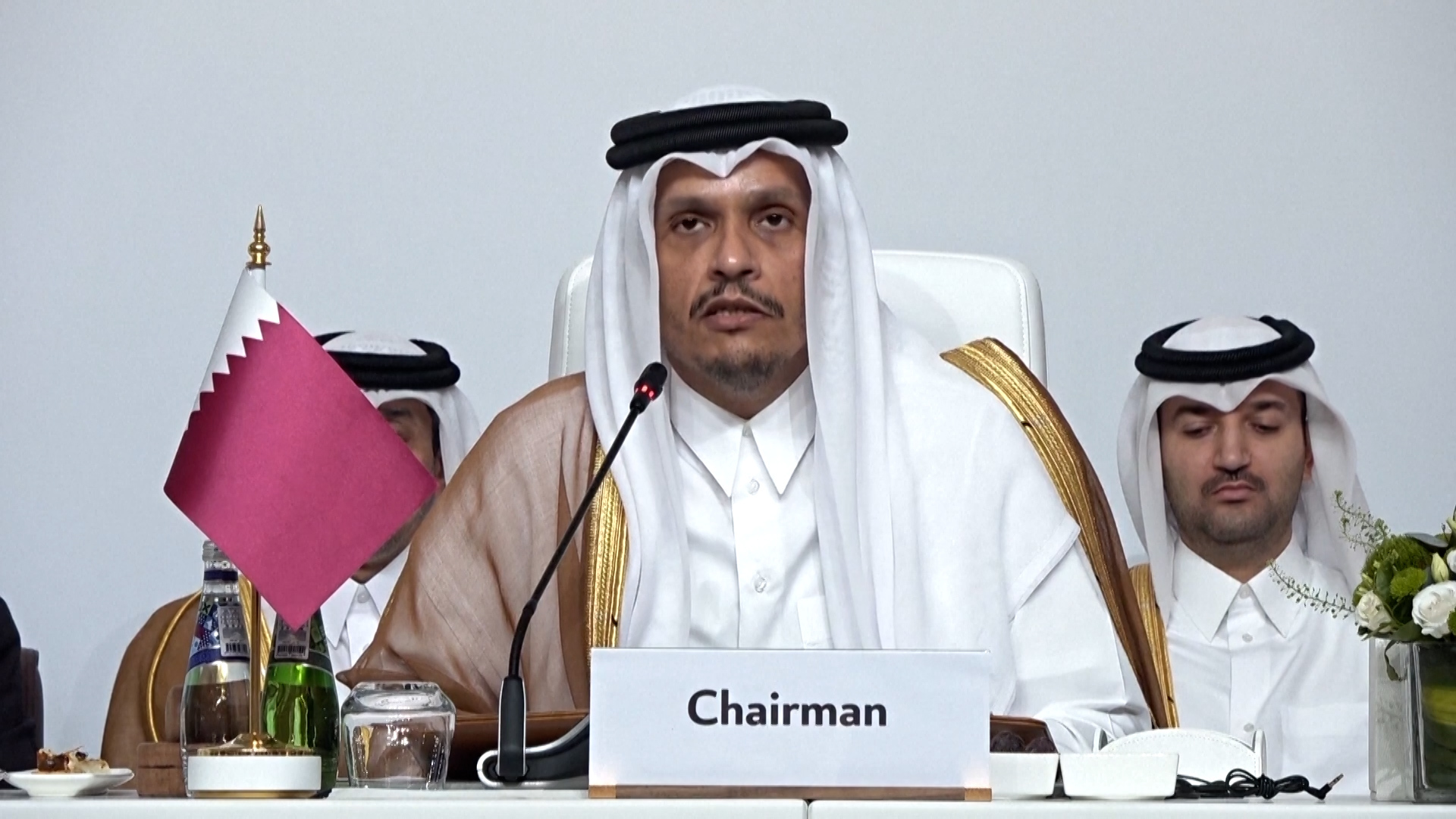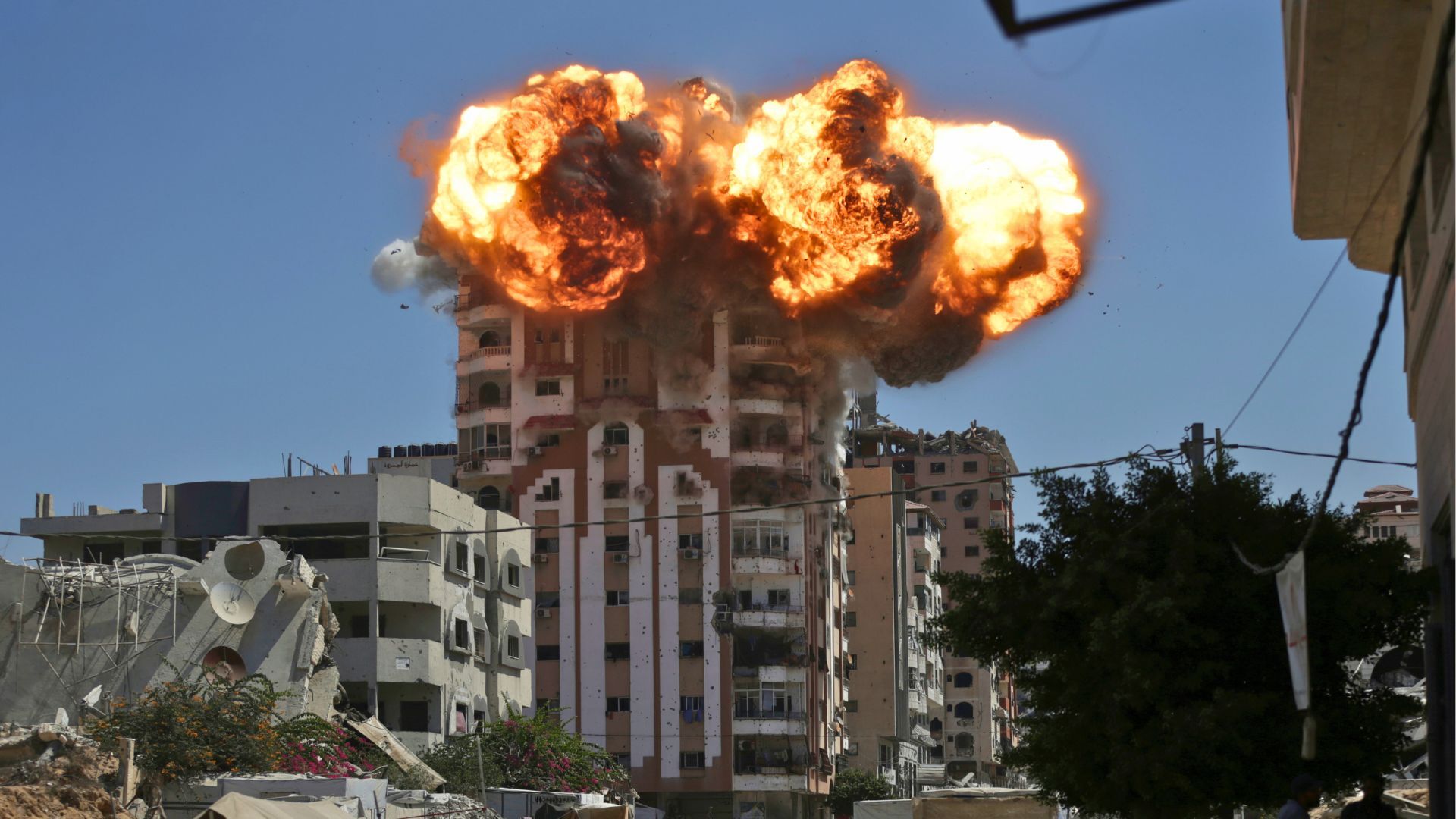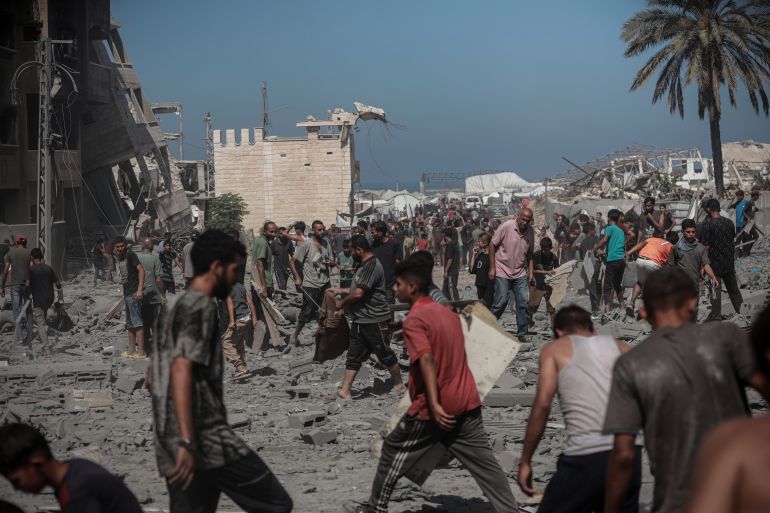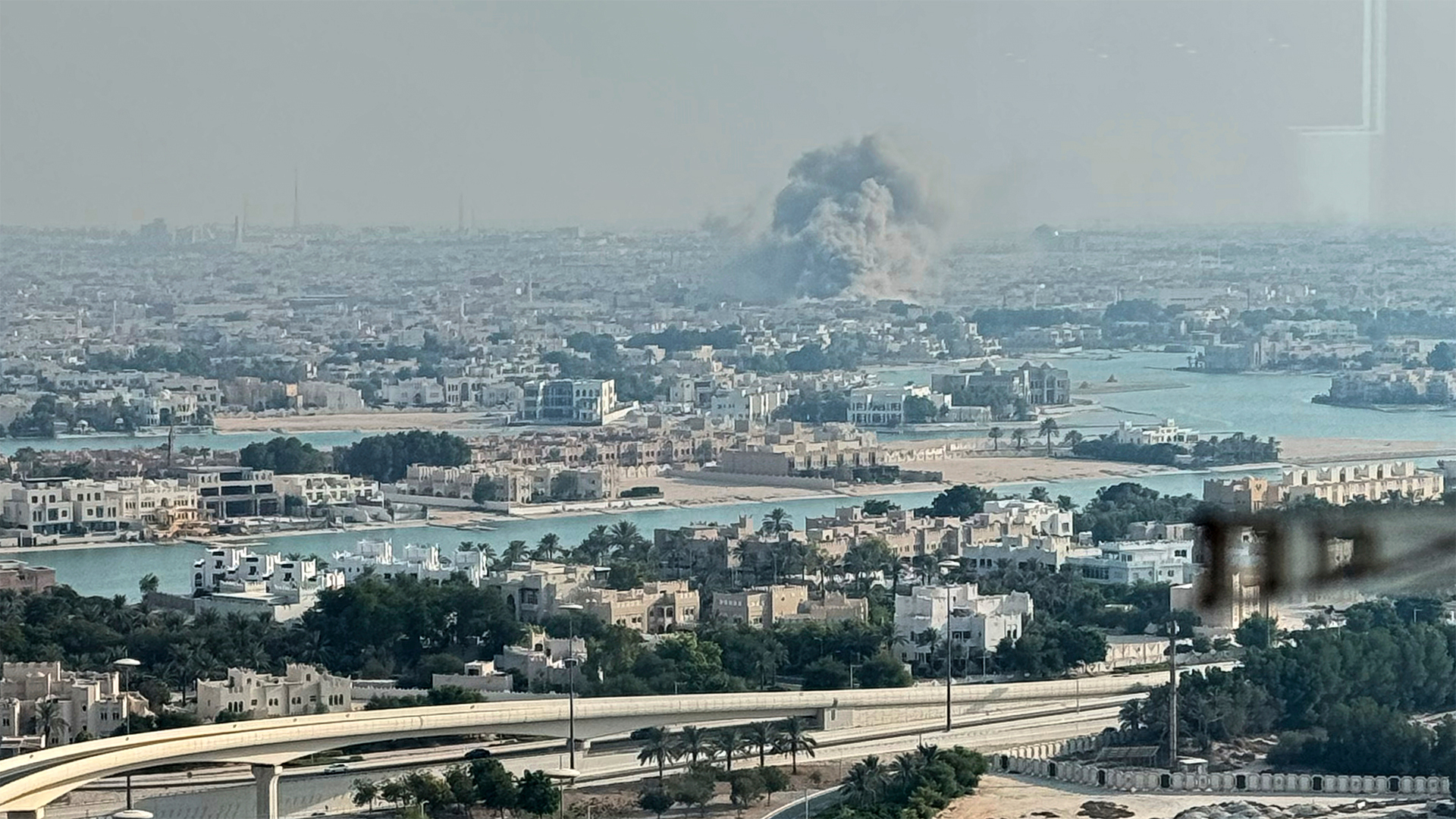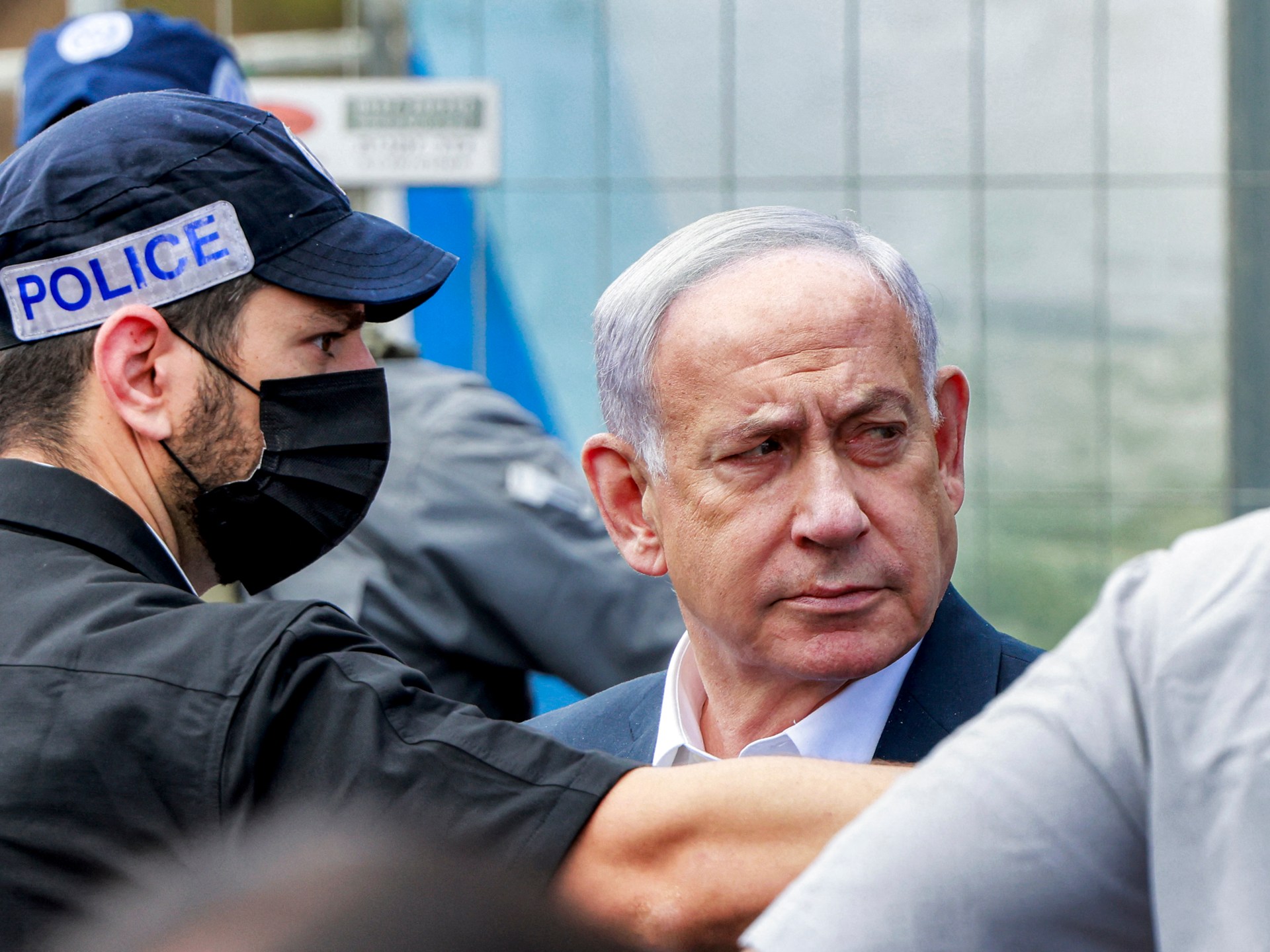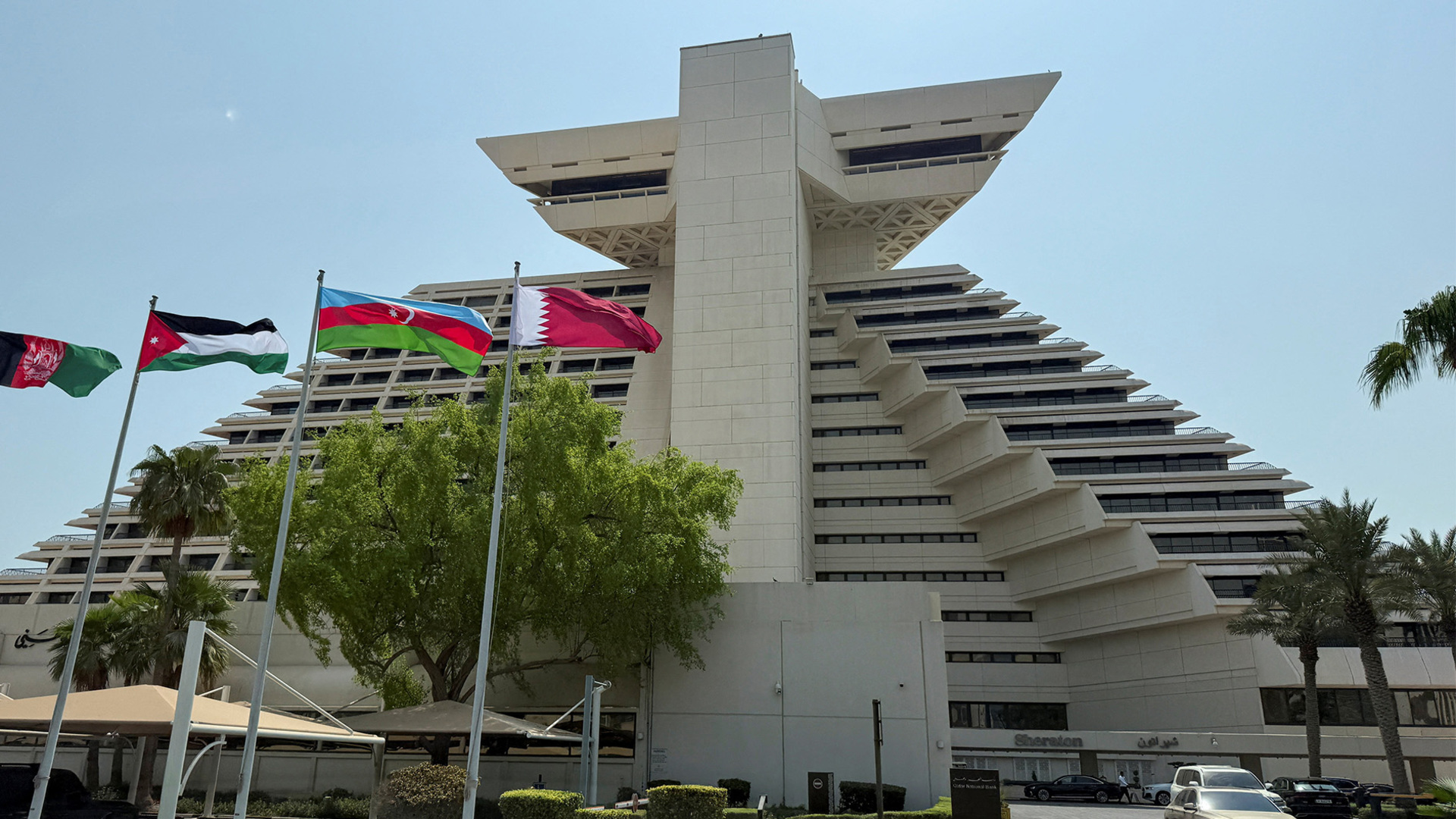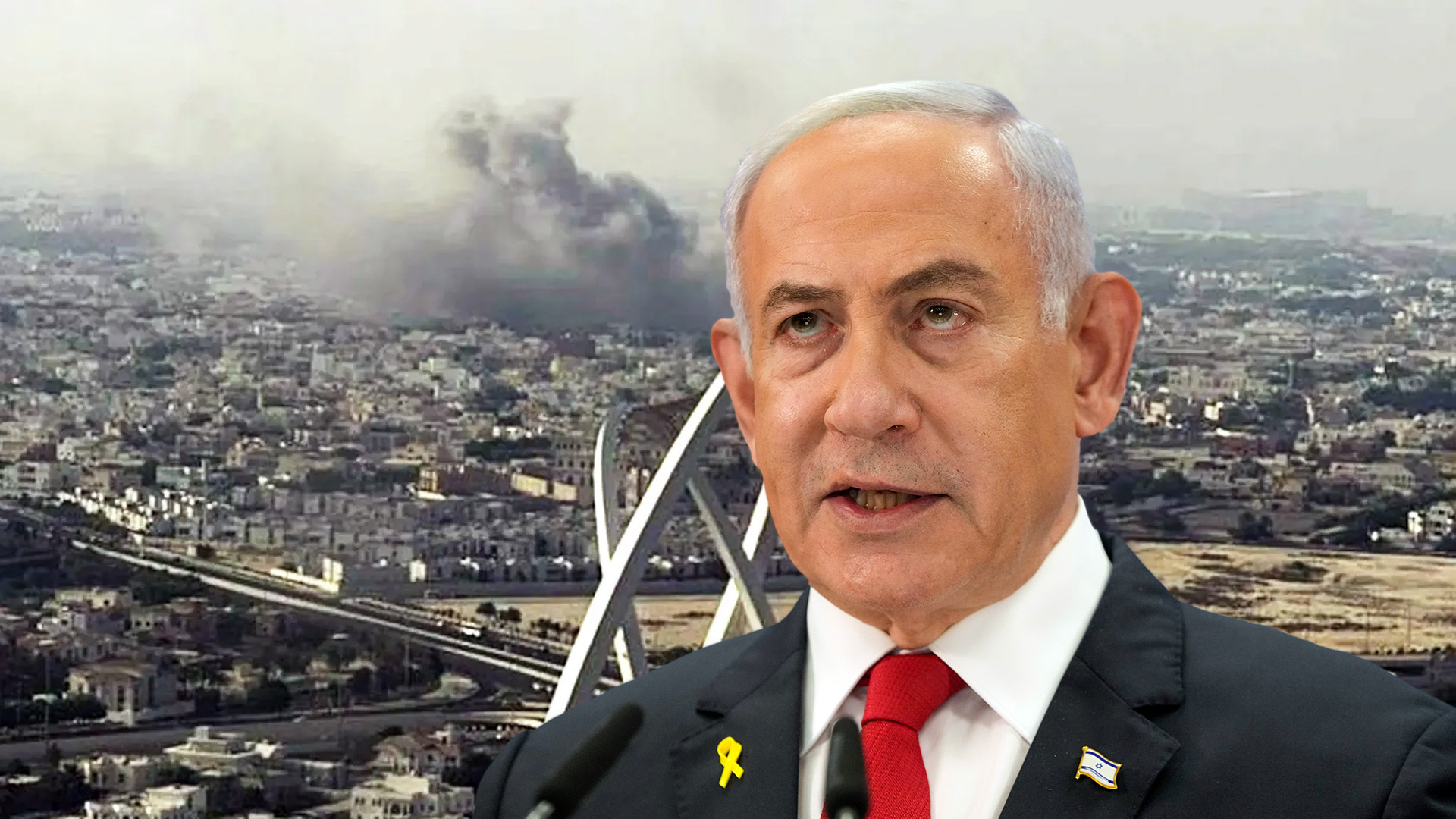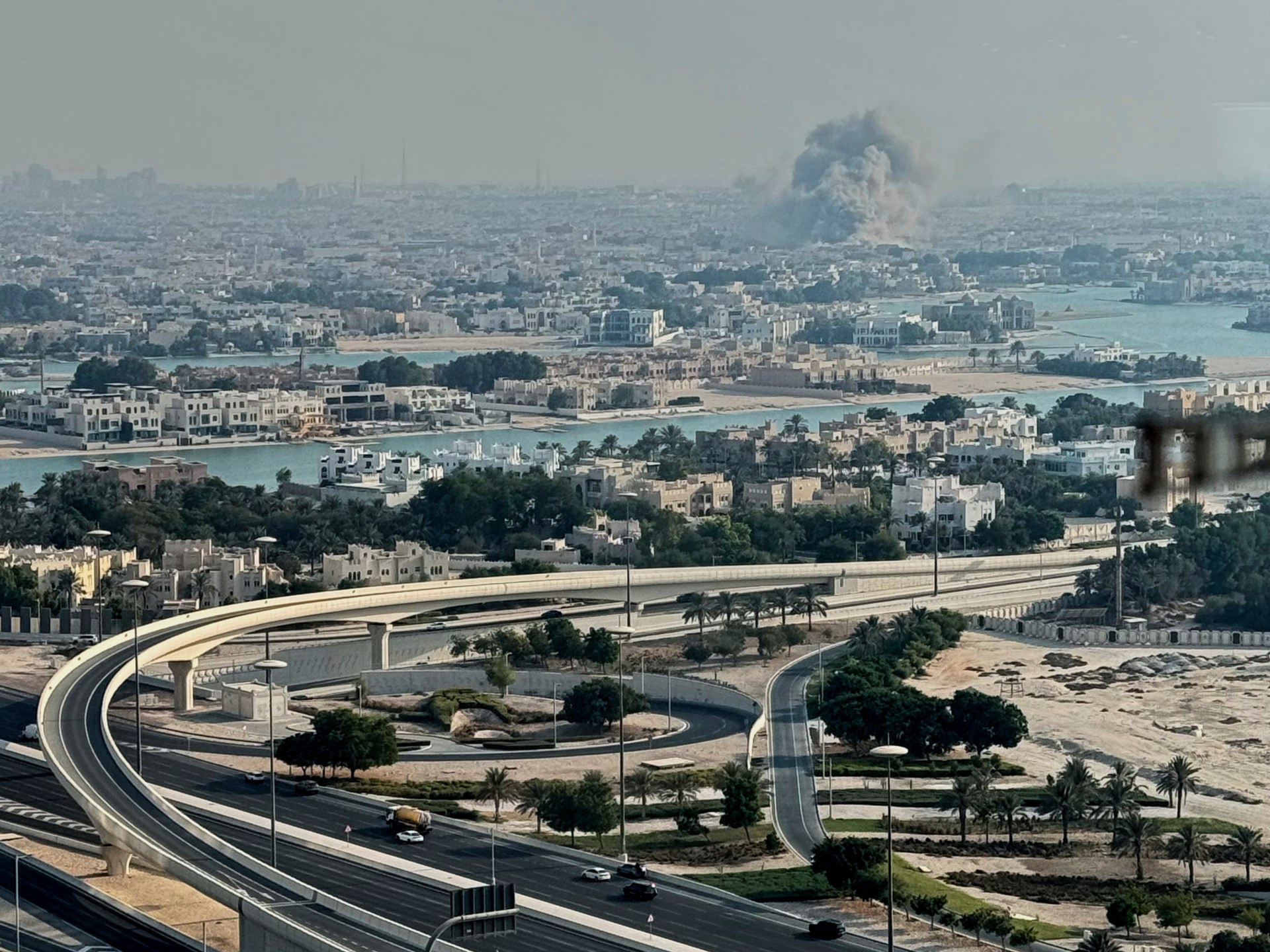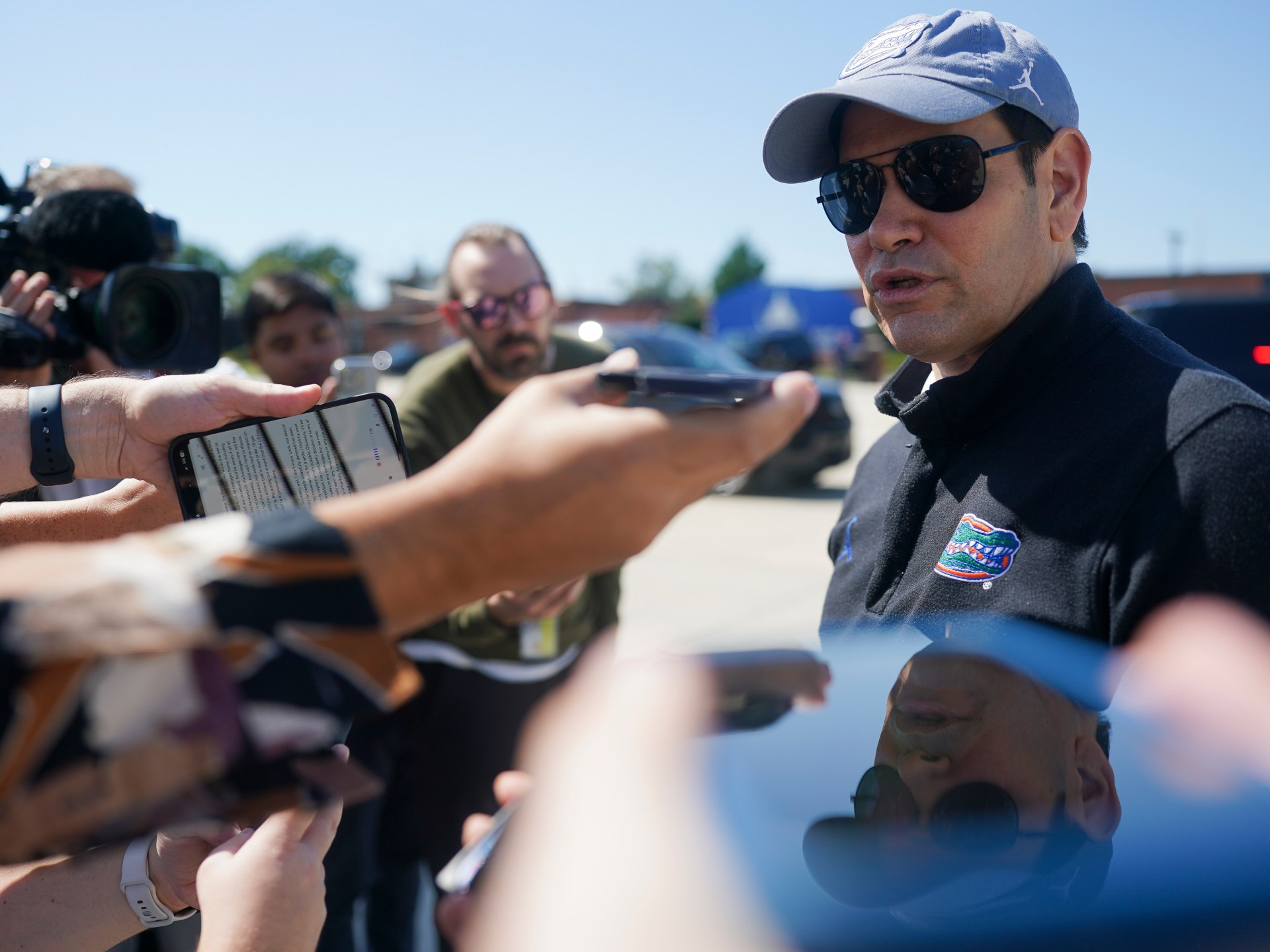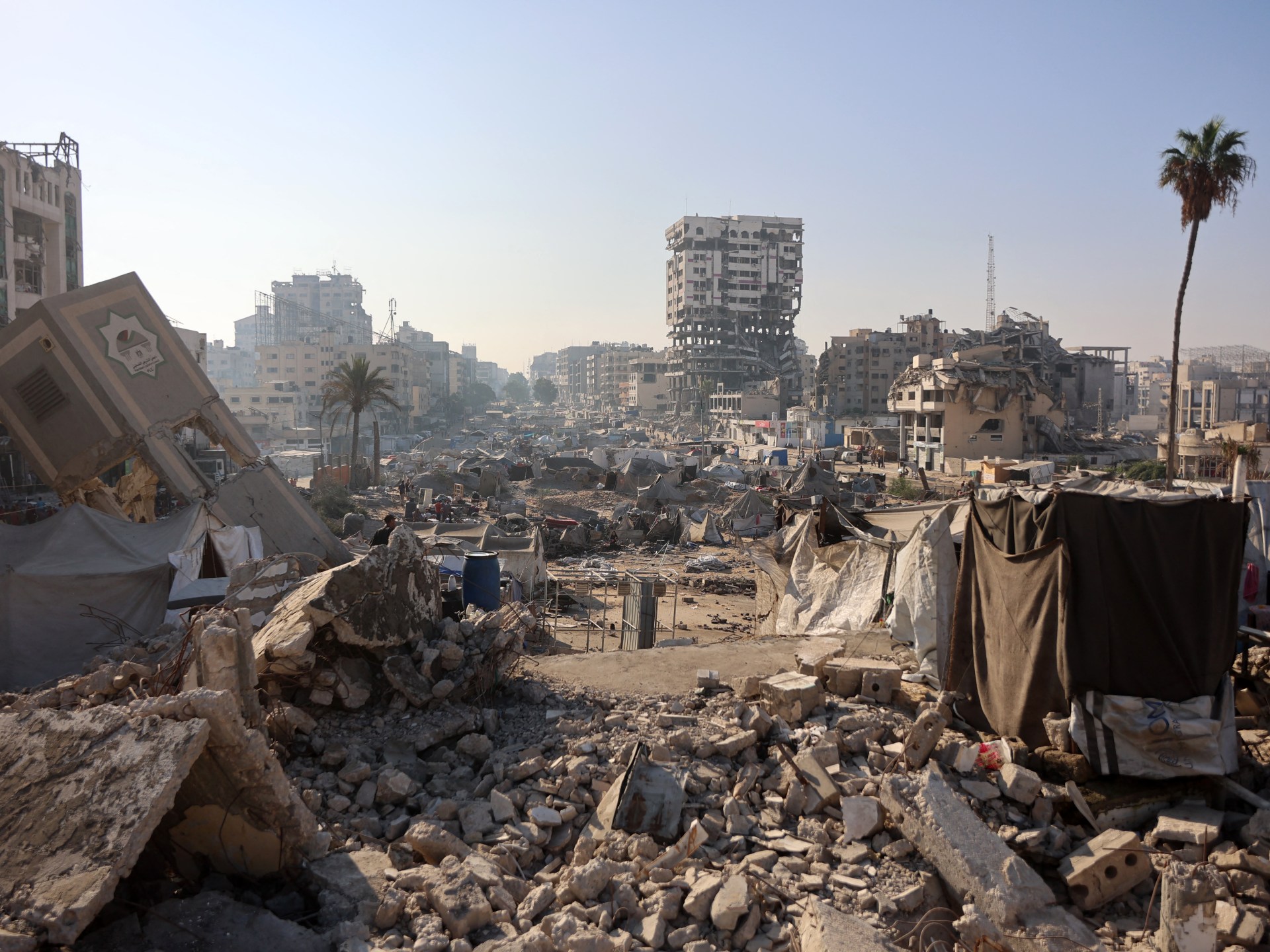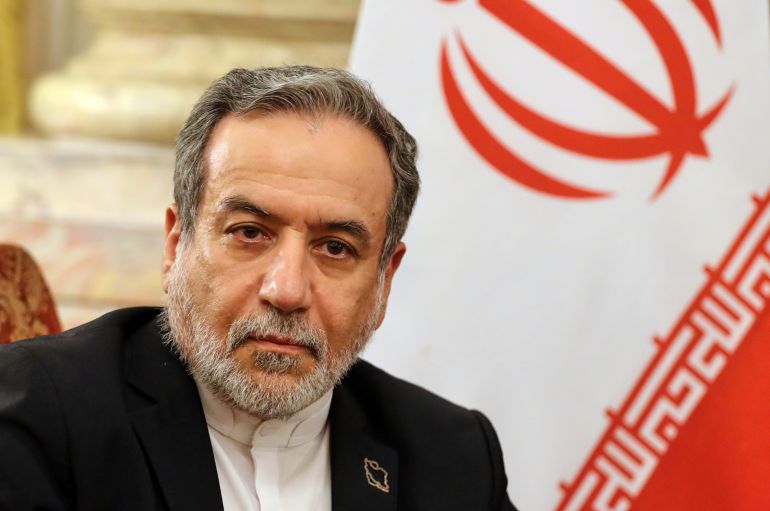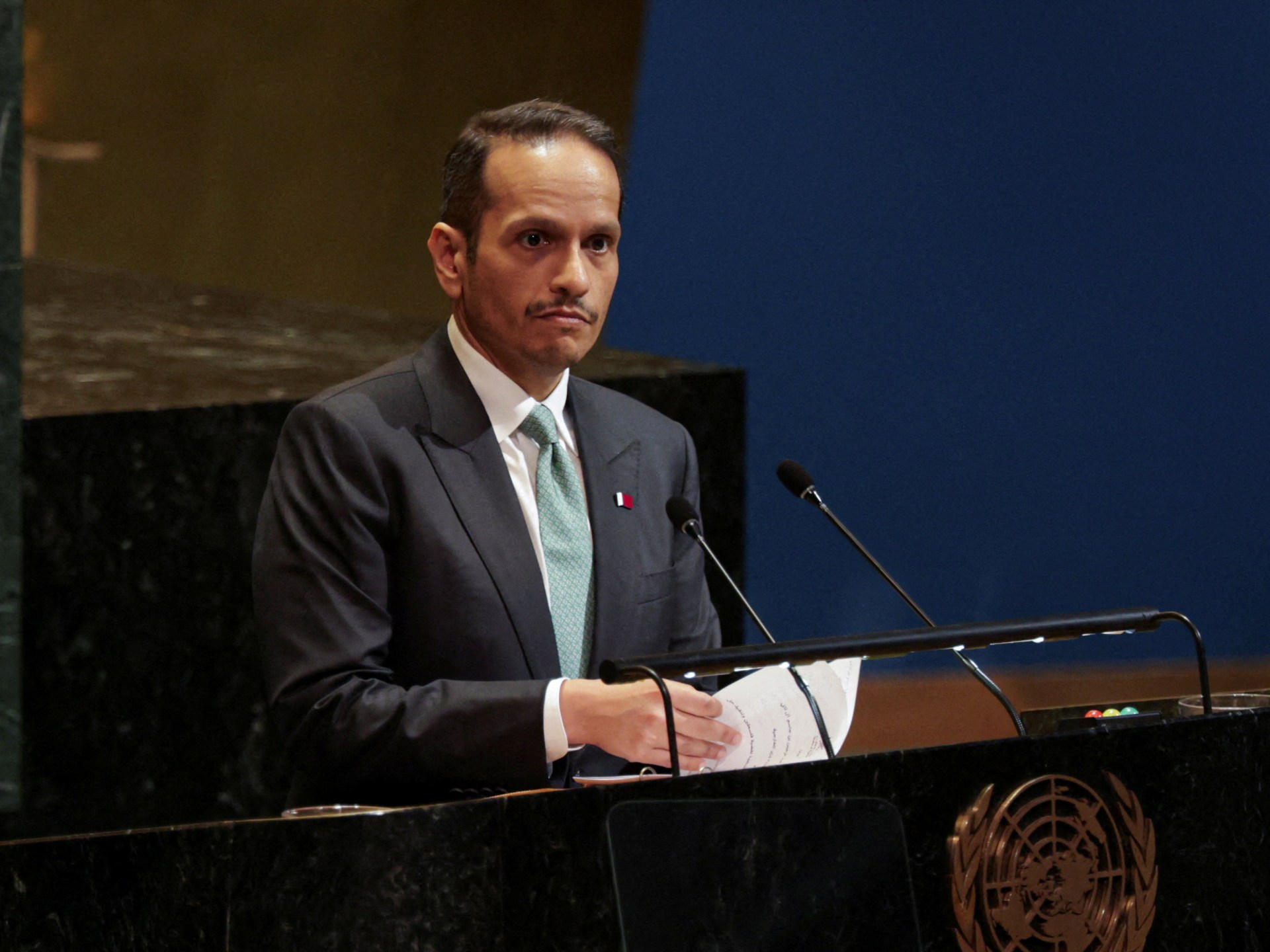Is Turkiye Israel’s next target in the Middle East? | Conflict News
Istanbul, Turkiye – Just hours after Israel launched strikes last week against Qatar – a United States-designated “major non-NATO ally” and one of Washington’s closest Gulf partners – pro-Israel commentators quickly shifted their attention to Turkiye.
In Washington, Michael Rubin, a senior fellow at the right-leaning American Enterprise Institute, suggested that Turkiye could be Israel’s next target and warned that it should not rely on its NATO membership for protection.
Recommended Stories
list of 3 itemsend of list
On social media, Israeli academic and political figure Meir Masri posted, “Today Qatar, tomorrow Turkey.” Ankara responded sharply. In unusually harsh language, a senior adviser to President Recep Tayyip Erdogan wrote: “To the dog of Zionist Israel … soon the world will find peace with your erasure from the map.”
For months, pro-Israel media outlets have steadily escalated their rhetoric against Turkiye, portraying it as “Israel’s most dangerous enemy”.
Israeli commentators have also framed Turkiye’s presence in the eastern Mediterranean as a “threat” and its role in rebuilding post-war Syria as a “new rising danger”.
With Israel’s regional aggression escalating and its war on Gaza showing no sign of ending, Turkish Foreign Minister Hakan Fidan retaliated in August by suspending economic and trade ties with Israel.
“In Ankara, this [anti-Turkish] rhetoric is taken seriously, with Israel seen as seeking regional hegemony,” Omer Ozkizilcik, non-resident fellow at the Atlantic Council, told Al Jazeera.
“Turkiye increasingly feels that Israeli aggression has no limits and enjoys American support,” added Ozkizilcik.
The strikes on Qatar also likely underscored Ankara’s doubts about US security guarantees as a NATO ally. Despite Doha’s special ally status with Washington, Israel faced no visible pushback from the US, leading to questions over whether the US would truly see any attack on Turkiye as an attack on itself, as the NATO charter dictates.
Unlike many Arab states, however, “Turkiye has long ago understood that it cannot rely on the US or NATO for its own national security interests,” said Ozkizilcik.
Israeli Prime Minister Benjamin Netanyahu himself now increasingly boasts of his country’s regional expansionist goals. In August, when asked whether he believed in the idea of a “Greater Israel”, he replied: “Absolutely.”
For Ankara, such rhetoric is not just symbolic – it signals an Israeli vision of dominance that stretches across the Middle East, potentially clashing head-on with Turkiye’s own regional outlook.
On Sunday, Fidan told Al Jazeera that Israel’s “Greater Israel” vision – which some religious Zionists believe extends into modern-day Syria, Lebanon, Egypt and Jordan – aims to “keep the countries in the region weak, ineffective, and especially to leave Israel’s neighbouring states divided”.

Over the last few weeks alone, Israel – in addition to continuing its genocidal onslaught in Gaza and nearly-daily raids in the occupied West Bank – also attacked Yemen and Syria, and is accused of hitting the Gaza aid flotilla in Tunisia.
Against this backdrop, Turkiye and Israel are already in a “geopolitical rivalry”, noted Ozkizilcik, adding that Israel’s actions clashed with what the analyst views as the “Turkish agenda to have strong [centralised] states” rather than decentralised states where multiple forces can hold power.
Regional hegemon
The sense that Israel is trying to become the region’s sole dominant power seemed to be confirmed in July when Tom Barrack, US ambassador to Turkiye and special envoy to Syria, made a startling admission: that Israel would prefer a fragmented and divided Syria.
“Strong nation-states are a threat – especially Arab states, [which] are viewed as a threat to Israel,” he said.
The subtext for Ankara was clear: Israel believes it needs to be the hegemon in the region to feel secure.
Israel’s actions bear this out. It has bombed Syria dozens of times since December 8 – when former President Bashar al-Assad fled to Moscow – and grabbed Syrian territory in the immediate chaos.
It decapitated much of Hezbollah’s leadership in 2024 and still occupies parts of Lebanon despite a ceasefire, long seeking to weaken or destroy the group.
In June, Israel attacked Iran, sparking a 12-day war that struck Iranian military and nuclear facilities, killing senior commanders and nuclear scientists, and dragged in the US.
The attacks aimed not only to weaken Tehran’s defence and nuclear capabilities but also to push Washington towards regime change, targeting one of Israel’s strongest rivals in the region.
Israel may now view Turkiye as the next potential challenge to its regional hegemony, explaining its adamant stance that Ankara will not be allowed to establish new bases in Syria that “could threaten Israel” – as Netanyahu has previously said.
“The first manifestation of Turkish-Israeli friction will most likely appear in the Syrian front in the land and air,” warns Cem Gurdeniz, a retired Turkish admiral and architect of the Blue Homeland doctrine, a maritime strategy that calls for Turkiye to assert its sovereignty and safeguard its interests across the surrounding seas – the Aegean, Eastern Mediterranean and Black Sea.
“In parallel, Israel’s deepening military and intelligence footprint in Cyprus, tightly woven with Greece and the Greek Cypriot administration under American auspices, is perceived in Ankara as a deliberate attempt to fracture and contain the Blue Homeland,” Gurdeniz told Al Jazeera.
“To Ankara, this is not a defensive posture by Israel but an offensive encirclement strategy that could threaten both Turkish maritime freedom and the security of the Turkish Cypriot people,” he added, referring to Turkiye’s ties to the self-proclaimed Turkish Republic of Northern Cyprus, which is only Turkiye recognises, rather than the rest of Cyprus, which is ruled by Greek Cypriots.
The division of Cyprus is a major source of discontent between Turkiye, Greece and Cyprus.
Reports that Cyprus received Israeli air-defence systems last week are likely to raise alarm in Ankara.
In tandem in Syria, Israel has made no secret that what it considers to be a stable Syria “can only be a federal” one with “different autonomies”, Israeli Foreign Minister Gideon Sa’ar told European leaders at a meeting in Brussels in February.
Turkiye, on the other hand, backs the new Syrian administration, which insists on a centralised and unitary state.
For now, tensions between Israel and Turkiye can be described as “controlled”, says Gokhan Cinkara, director of Necmettin Erbakan University’s Global and Regional Studies Centre in Turkiye.
“At present, the riskiest scenario for Turkiye would be an uncontrolled outbreak of intergroup conflict in Syria. For this reason, Ankara is likely advising the new Syrian administration to act with a degree of rational pragmatism,” Cinkara told Al Jazeera.
“The immaturity of Syria’s security apparatus makes any potential intergroup clashes harder to contain, and risks turning it into protracted ethnic and sectarian conflicts. In the short term, therefore, adopting a unitary model seems difficult,” he added.
Red lines and risks
Netanyahu, for his part, is pushing for a “Balkanised” Syria, divided along ethnic and religious lines, demanding the demilitarisation of much of southern Syria, mostly populated by the country’s Druze population.
That is a move that, if implemented, could light the touchpaper and ignite demands from members of other groups in the country, including the Kurds and Alawite, for their own tailored versions of de facto autonomy.
“Turkiye, however, has clear red lines in Syria,” says Murat Yesiltas, director of foreign policy research at SETA, a think tank in Ankara with close ties to the government.
“The US and Israel’s attempt to reshape the regional order carries various dangers and risks, deepening fragmentation in the Middle East,” Yesiltas told Al Jazeera.
In March, Israel’s most influential security think tank, the Institute for National Security Studies (INSS), published a piece that warned against the nascent peace process between Turkiye and the Kurdistan Workers’ Party (PKK), which is seeking to close a chapter on a four-decade armed campaign against the Turkish state in a conflict that has killed more than 40,000 people.

The INSS warned that this could “weaken the ability of the Kurds in Syria to continue to operate autonomously” and contribute to Ankara “expanding its influence in southern Syria, in a way that could increase the threat to Israeli freedom of action”.
Israel’s Defence Minister Israel Katz made clear that swaths of newly occupied territory in southern Syria will be held for an “unlimited amount of time”.
As Turkiye scoped out potential military bases in Syria’s Homs province and the main airport in Hama province in coordination with the newly established Damascus government, Israel bombed the sites.
“If Tel Aviv persists on this path, a conflict between Ankara and Tel Aviv will become inevitable. Turkiye cannot accept policies that perpetuate instability on its southern border,” said Yesiltas.
But full-blown rivalry is “not inevitable” as both sides recognise the costs of confrontation, particularly given economic interdependence, Andreas Krieg, associate professor of security studies at King’s College London, told Al Jazeera.
“Israel’s threat to Turkiye is not conventional military aggression but rather the targeting of Turkish interests via indirect means,” said Krieg, speaking about Ankara’s interests in Syria, the Eastern Mediterranean and the South Caucasus.
Given Washington’s full and seemingly unconditional support for Netanyahu’s bid to “reshape the region”, Krieg says Ankara’s prescription is to “strengthen strategic deterrence, especially through expanded air-defence, missile systems and intelligence capabilities” and to pursue regional coalitions with Qatar, Jordan and Iraq while maintaining open channels with Washington to “avoid full strategic isolation”.
“Ankara must recognise that future flashpoints are more likely to emerge in the grey zone – covert operations, air strikes, and proxy competition – than in formal declarations or diplomacy,” he added.
